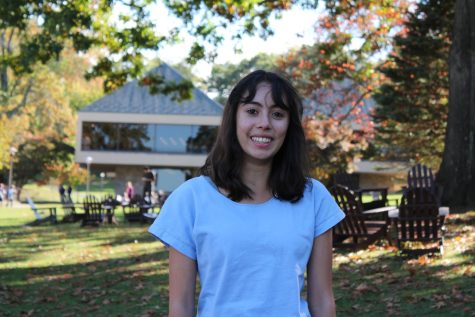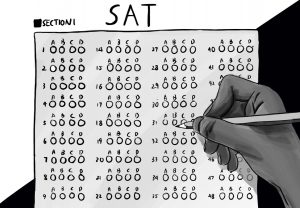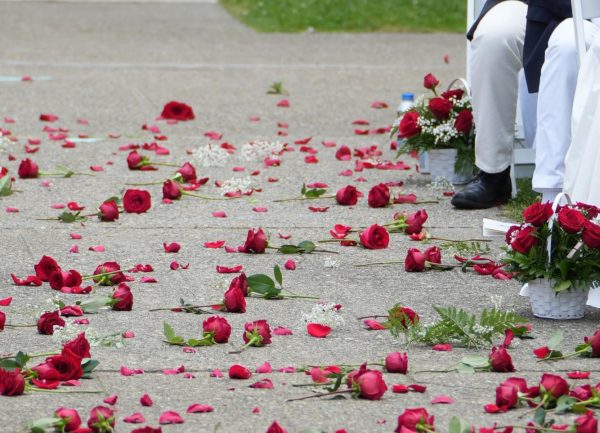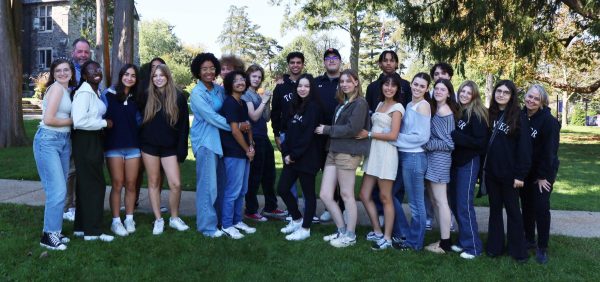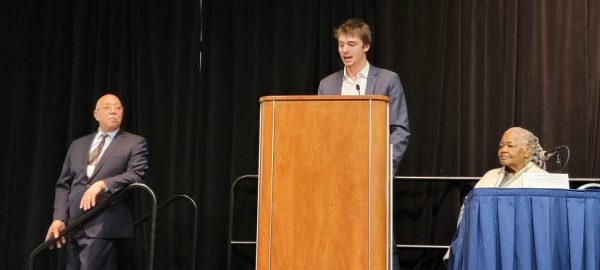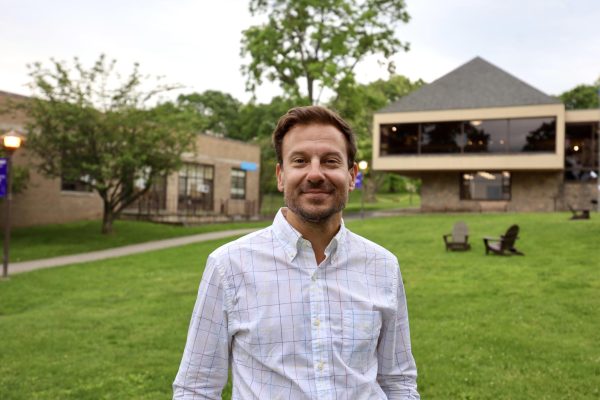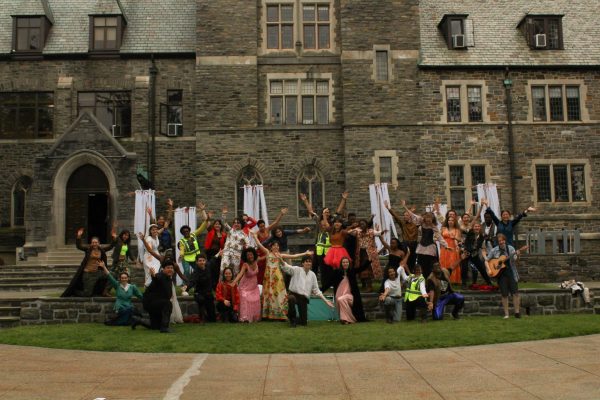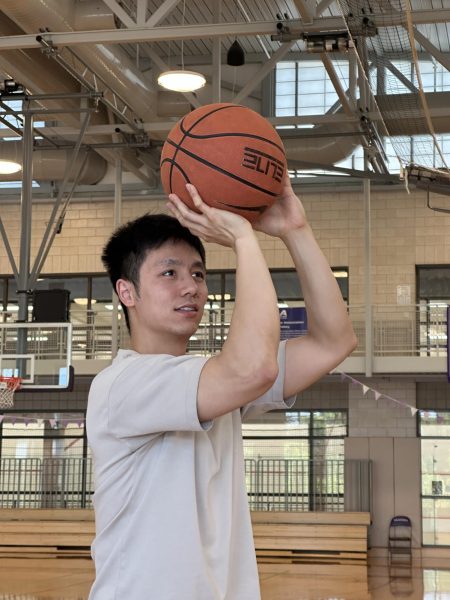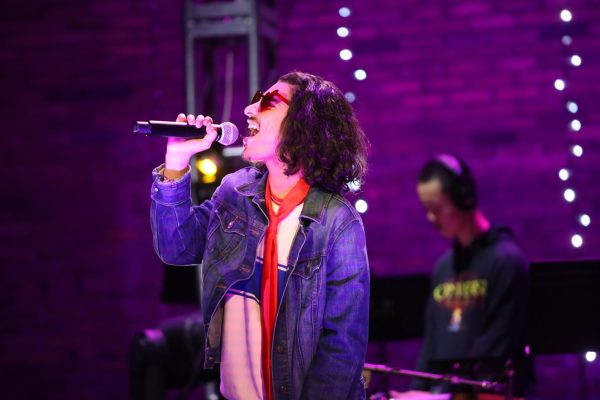Forging connection through language learning
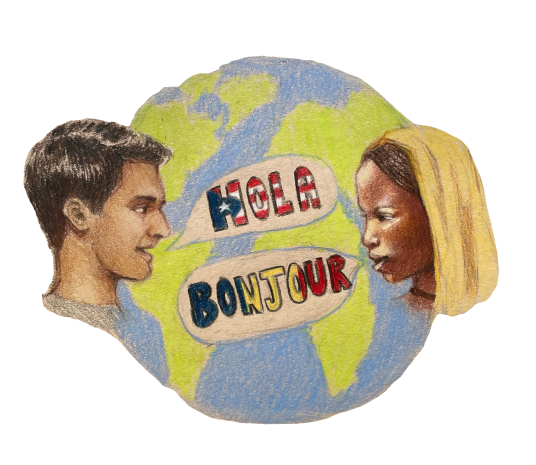
Alexa Murphy highlights the importance of Masters’ language and culture classes.
December 8, 2022
The Masters community represents a multitude of distinct and uniquely beautiful cultures. One of the places this truth is best exemplified is in Masters foreign language classes, where students must uncover the ways in which cultural differences and similarities are underscored by the language they are conveyed in. Masters students are given the opportunity to have a diverse language staff with expertise in a variety of subjects and tongues, who can speak to the importance of multiculturalism in their own lives.
“Language is a vehicle of culture. When you learn a language, you’re learning more than just communication. You learn how people from that language live, or what their customs are. Having many languages here, many people from different backgrounds at Masters helps us accomplish our mission,” said Abdoulaye Ngom, a French and Spanish teacher at the Upper School.
This point represents both the immense value, and the challenge that language learning at an institution like Masters poses. Learning a language allows one to explore an entirely new realm of thinking, as the words at one’s disposal alter the way that one can describe the world around them, and thus, perceive it. Native speakers often refer to the different personas they embody when switching from language to language.
“If I were to speak to you in Spanish, a different world opens up in my mind,” said Jennifer Hughes, an upper school Spanish teacher. “It really widens and offers a different perspective. If I were to speak to you in French, I would think of my friends that I met there [in Paris], I think about its architecture, and I think about its history.”
This notion of widening the scope of one’s thinking has much to do with Masters commitment to diversity, equity, and inclusion. One must ask the questions: What biases exist implicitly, simply by nature of the language we speak and the region we’re from? Then, how can learning a new language allow us to connect more deeply with the people and with the world around us?
“When I was younger, I had a friend who was from France—so somebody different from me, whose father came to Senegal to work. So I exposed myself to someone who wasn’t from my culture, so even though we both spoke French, he was from France and I was from Senegal. He’s white and I’m Black. And its connection, and I believe that speaking different languages will help you be more tolerant. The more you understand, the more you understand people different from you,” Ngom said.
This holds real value in a community as diverse as Masters, where language can help forge bonds between peers, and increase tolerance for the people we encounter in our everyday lives.
“Knowing a language is the easiest way to connect with someone,” said Emily Brieske, ‘24, who speaks five languages. “So me and my friend on the first day I was here, she speaks French, and I speak French, and we bonded over that. And I think it’s a very easy way to know a very intimate side of a person, especially if not a lot of people speak that language, because it’s something so familiar. And language is so personal, having to do with your heritage and your family.”



